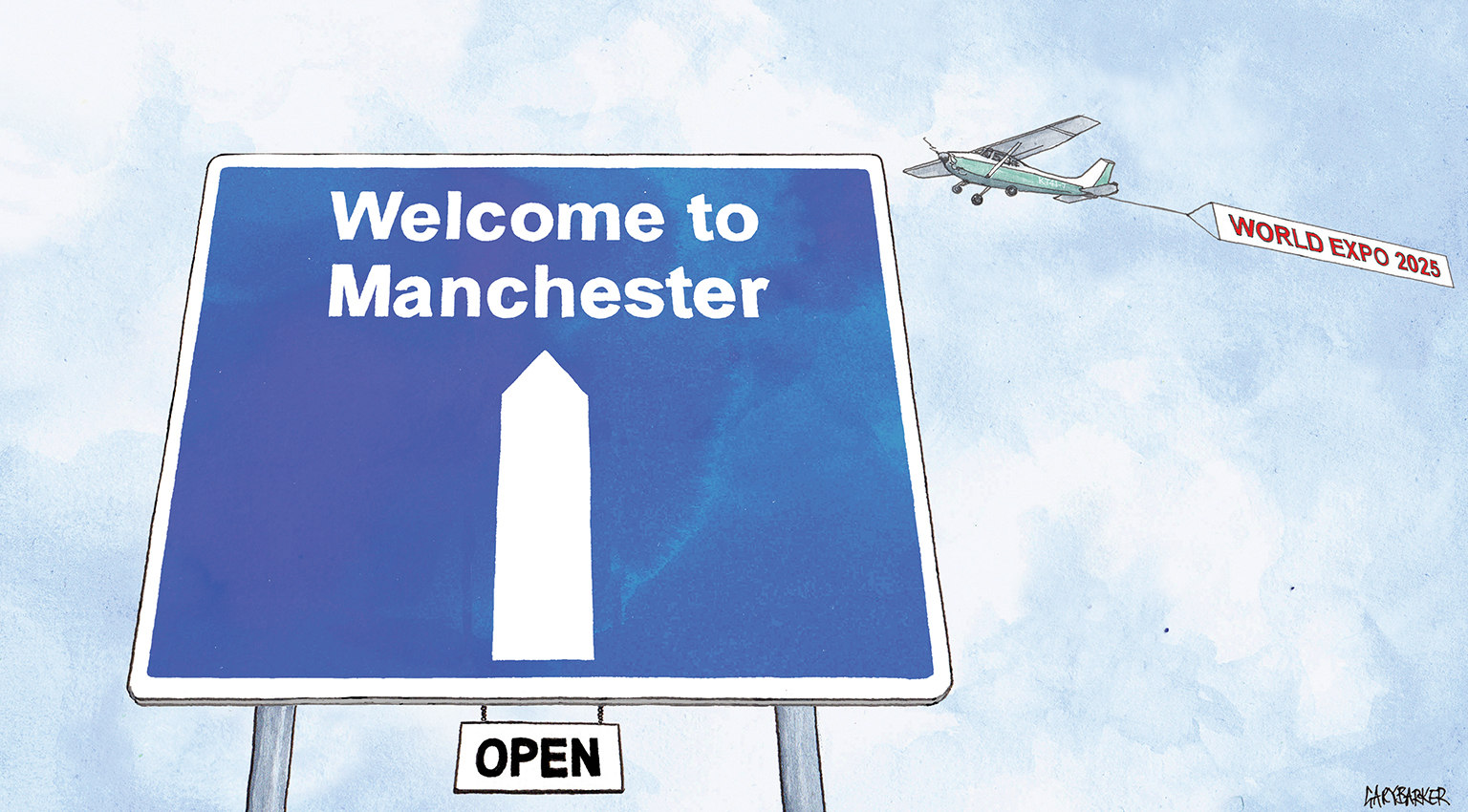
If there was one thing that was certain in the aftermath of the vote to leave the EU, it was uncertainty.
Although some of the more immediate volatility may have calmed with the passage of time and the advent of a new prime minister, the result was a shock to the political and economic system – including the property sector.
A sensible investor will take stock and ponder the potential impact of Brexit. Our task in Manchester has been to reassure them that Manchester is not just still open for business but is also an outward-looking city that remains a compelling proposition.
Since the vote the city has welcomed some excellent examples of continuing investor confidence in Manchester. One was the unveiling of the detailed scheme for what has been christened the St Michael’s area, an often-forgotten area in the heart of the city. The St Michael’s Partnership is an international consortium including Singapore’s Rowsley and Beijing Construction as well as a certain Gary Neville and Ryan Giggs.
Their plans for 700,000 sq ft of mixed-use space have the potential to transform this underused area, linking it with other major regeneration areas such as Spinningfields and the Civic Quarter.
Meanwhile, on the northern fringe of the city centre, Hong Kong-based developer Far East Consortium has been appointed to deliver 600 homes and reinvigorate an historic park in the NOMA neighbourhood.
And on the southern edge, Manchester Place has appointed Buccleuch Property as development partner to deliver 500 new homes at Little Peter Street in a joint venture backed by Dutch investment fund Bouwfonds.
Our priorities – delivering growth and connecting our people to prosperity – are illustrated by Greater Manchester’s bold decision to put forward a site – Ashton Moss in Tameside, not far from Manchester city centre and airport – as a potential host for World Expo 2025. This massive event dwarfs even the Olympics in size, scale and economic benefits.
We in Manchester, indeed the North of England, need the government to stick to its long-term plan to invest in the region’s infrastructure, especially transport, and in the specialisms – listed in the recent Northern Independent Economic Review as advanced manufacturing, digital development, health innovation and energy, supported by education, logistics and financial and professional services – in which the region can take on the world.
 The logic underpinning the case for the Northern Powerhouse is as powerful now as it ever was and the need for the North to reach its full potential, helping to rebalance the national economy, is more pressing than ever.
The logic underpinning the case for the Northern Powerhouse is as powerful now as it ever was and the need for the North to reach its full potential, helping to rebalance the national economy, is more pressing than ever.
This is not about investing in the North instead of the Midlands or other parts of the country, although it is in part about redressing a legacy of underinvestment. What it is about is recognising that there are real strengths outside London and the South East and that backing them will benefit all of the UK.
Sir Howard Bernstein is chief executive, Manchester City Council











